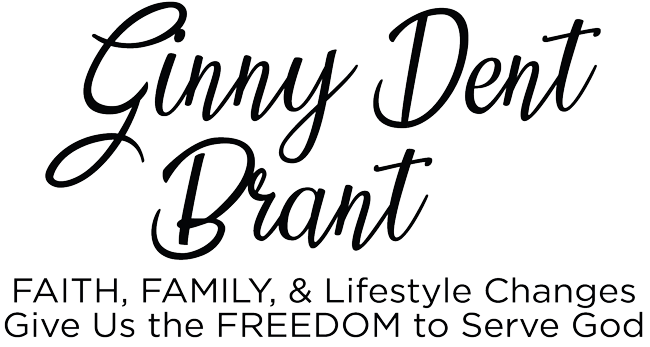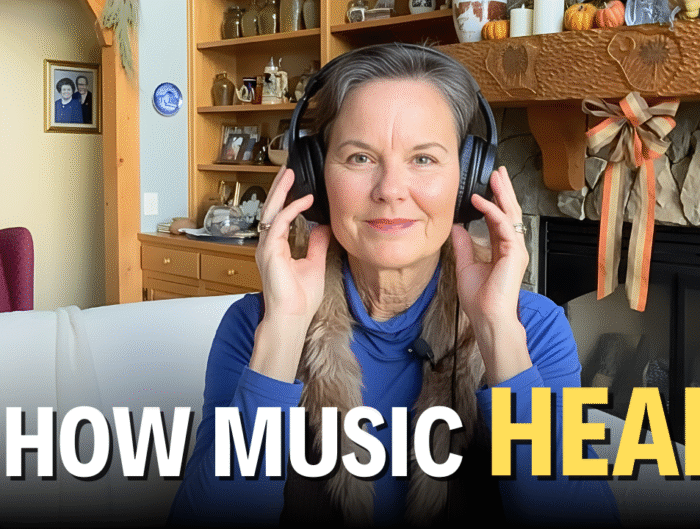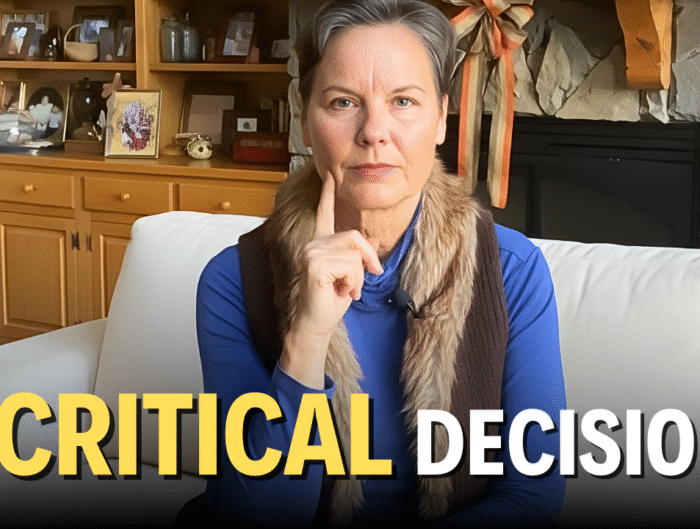Coffee has 4 to 46X more antioxidant power than other beverages, but it has downsides that need to be considered. These seven downsides impact every coffee drinker, but some more than others. I am one of those “some more than others.” If we want to make use of the upsides to coffee, we must be cautious about the downsides.
The downsides all coffee drinkers must consider are:
Coffee contains caffeine, which promotes dehydration and may contribute to anxiety.
A cup of coffee contains about 95 grams of caffeine, which is a diuretic. Simply put, a diuretic causes increased passing of water into your urine. Proper hydration is key to the function of every cell and system in your body. Research shows that caffeinated coffee can increase the risk for anxiety, especially in those who have a panic or social anxiety disorder. Moderation is important. To enhance hydration, I recommend drinking an extra glass of water for each cup of coffee you drink. If coffee gives you the jitters or contributes to your panic attacks, you can also consider drinking decaf coffee and fewer cups per day. https://pubmed.ncbi.nlm.nih.gov/20164571/
Caffeine after 3 pm may interfere with sleep.
Simple solutions—don’t drink coffee after 3 pm or drink decaf coffee in moderation after 3 pm. You don’t want caffeine to interfere with your sleep cycle. According to Dr. Daniel Amen, “It’s in deep sleep that your body heals, repairs, and detoxes.”
Caffeine raises blood sugar levels.
A nutritionist told me years ago after my diagnosis with severe reactive hypoglycemia, “You need to avoid drinking beverages with caffeine.” Why? Caffeine raises blood sugar and therefore is not recommended for diabetics and those with blood sugar issues.
You can get addicted to coffee.
That same nutritionist advised me to cut out all caffeinated drinks overnight. I had no idea the influence of caffeine on my body from ice tea, coffee, dark colas, etc. Oh my! I actually went through withdrawal symptoms. But I felt much better after my body adjusted. I now drink decaf coffee (which contains a much lower amount of caffeine), caffeine-free herbal teas, and lemon water. I’m just one of those folks who needs to stay away from caffeine.
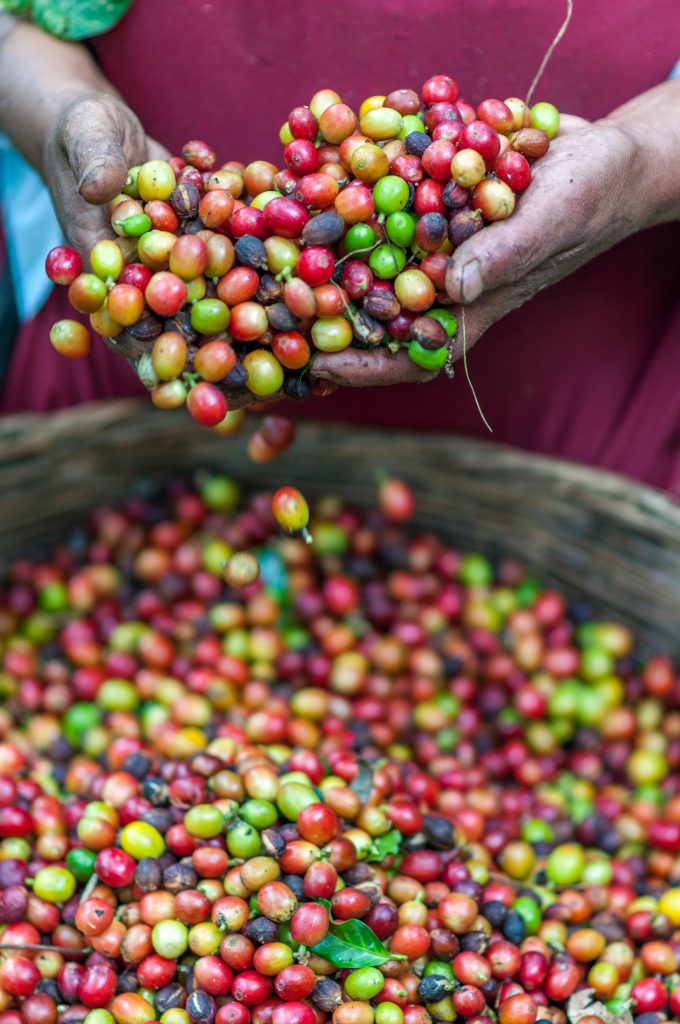
Pesticides and other chemicals are heavily used in coffee growing and harvesting.
Coffee is grown with lots of pesticides.
I never thought about this until a church member mentioned that maybe I should be drinking coffee organic, too? She was right. Coffee beans are among the most highly sprayed and chemically treated crops in the world. These pesticides, herbicides, insecticides, and fungicides make it into the beans and eventually into your brewed cup of coffee. In addition, the process of decaffeination adds even more chemicals.
This information prompted me to buy organic coffee. Organic coffee uses water processing instead of chemicals to reduce caffeine content. When we are traveling, I try to order organic when it’s offered. But usually, it’s not on the menu. That’s when I just order my coffee and look the other way at the pesticide content. It’s what you do on an everyday basis that matters the most.
Drink coffee in glass, ceramic or paper cups.
I no longer drink hot beverages from Styrofoam cups. Talk about toxins flowing into your mouth. And it also impacts the taste. I’m thankful Starbucks and Chick-Fil-A provide paper cups for their brewed drinks. At home, heat-resistant glass, ceramic, china, or steel are the best ways to drink coffee without sipping a few toxins. In Europe, many people carry their coffee mugs with them.
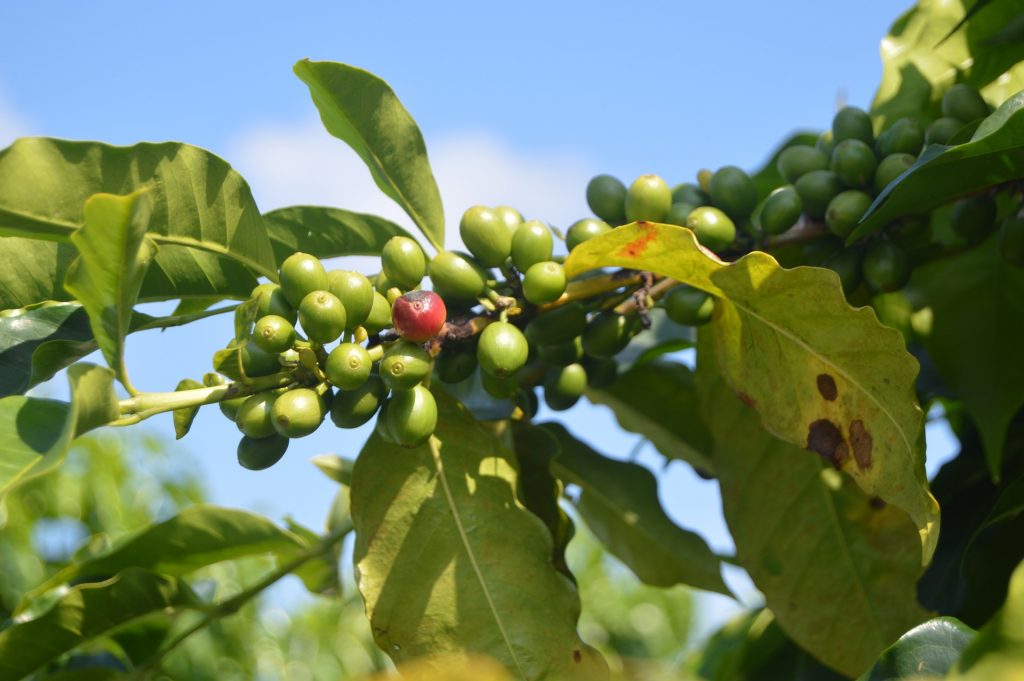
Did you know coffee is a fruit? That’s why it has so much antioxidant power.
Don’t overload your coffee with sugar and cream.
This is when coffee becomes a guilty pleasure. Did you know that a Starbucks Grande Caffe Vanilla Frappuccino contains 95 mg of caffeine, 69 grams of sugar, 14 grams of fat, and 400 calories? Talk about a blood sugar rush—especially for someone like me. I sweeten my coffee with stevia or monk fruit (zero calories) and flavor it with coconut milk or the new coconut creamer. Black coffee is fine, but not for me. I like mine sweet with some cream.
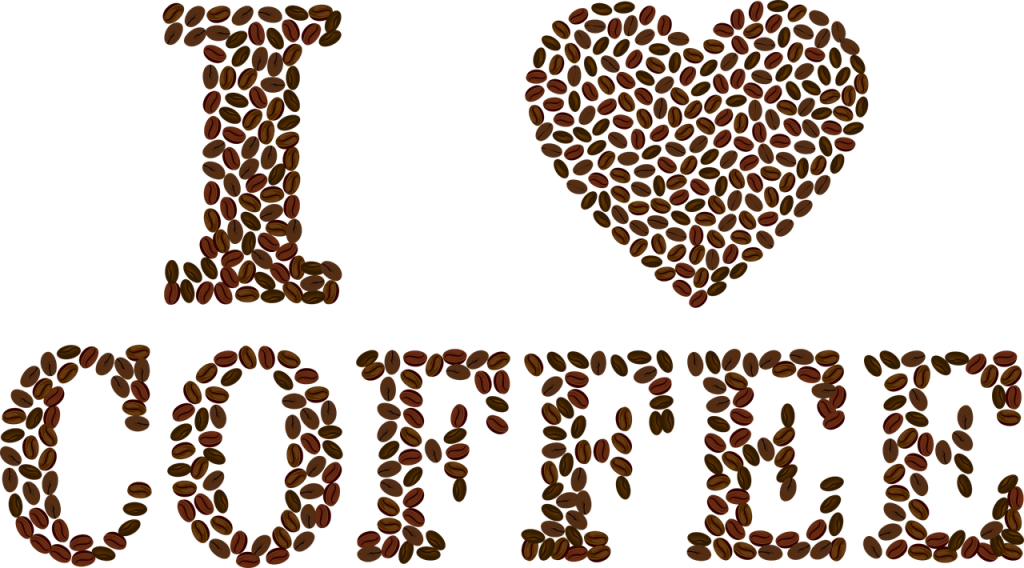
It’s okay to love coffee. Just use common sense and practice moderation.
These are the seven downsides we must consider when drinking coffee on a regular basis. If we drink coffee from containers that don’t leach plastic chemicals and choose organic when possible, we are being wise. We must also realize that coffee, due to the caffeine content, contributes to dehydration, is addictive, and the timing of consumption can impact our sleep cycle. What we put in it also matters. Moderation is key.
How many of you knew that commercial coffee contains many pesticides? What’s your favorite coffee to drink?
I like Paul Newman’s organic decaf coffee. I buy it when on sale.
For Your Health,
Ginny
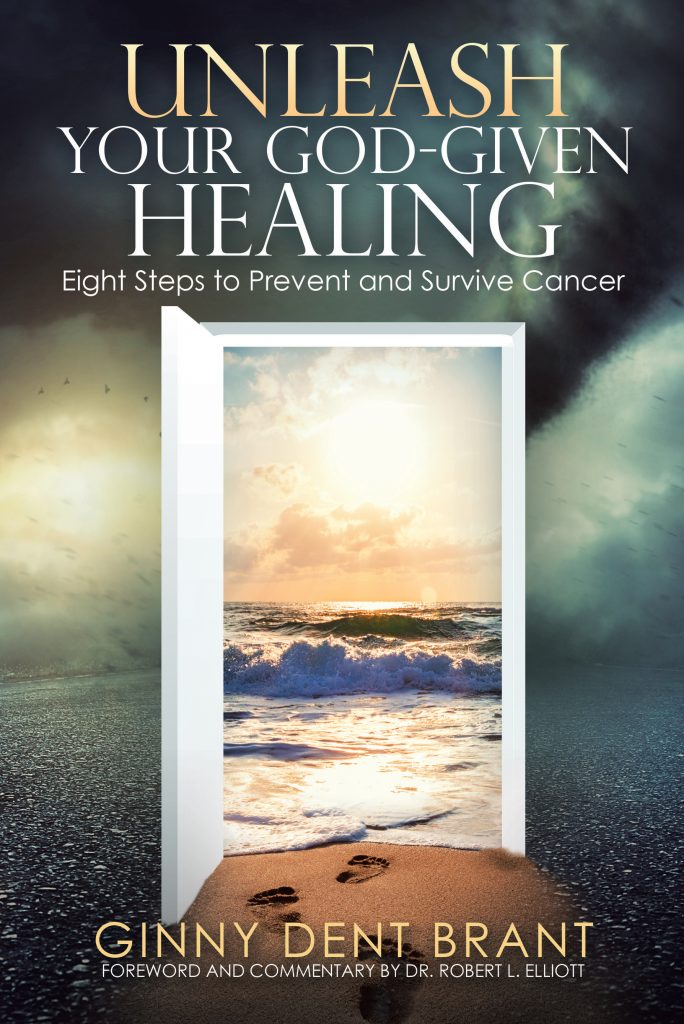
Ginny Dent Brant is a speaker and writer who grew up in the halls of power in Washington, DC. She has battled cancer, ministered around the world, and served on the front lines of American culture as a counselor, educator, wellness advocate, and adjunct professor. Brant’s award-winning book, Finding True Freedom: From the White House to the World, was endorsed by Chuck Colson and featured in many TV and media interviews. Unleash Your God-Given Healing: Eight Steps to Prevent and Survive Cancer was released in May 2020 after her journey with cancer and was recently awarded the First Place Golden Scrolls Award for Memoirs, and Second Place in both Selah Awards for Memoirs and Director’s Choice Award for Nonfiction at the Blue Ridge Mountain Christian Writer’s Conference. It was written with commentary from an oncologist and was featured on CBN’s Healthy Living Show, Atlanta Live, and CTN’s Homekeepers. Learn more and cancer and wellness prevention blog and book information at www.ginnybrant.com.
